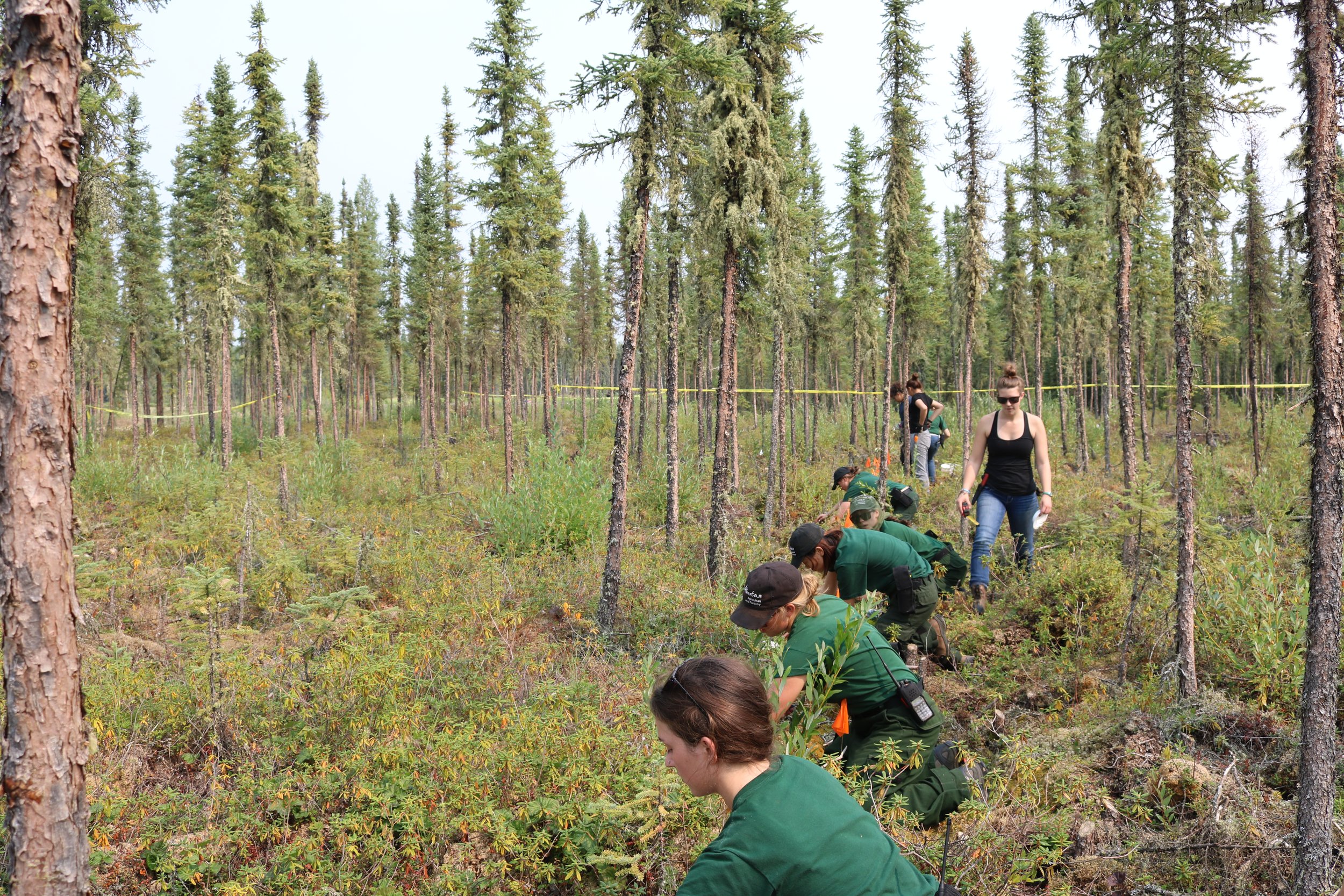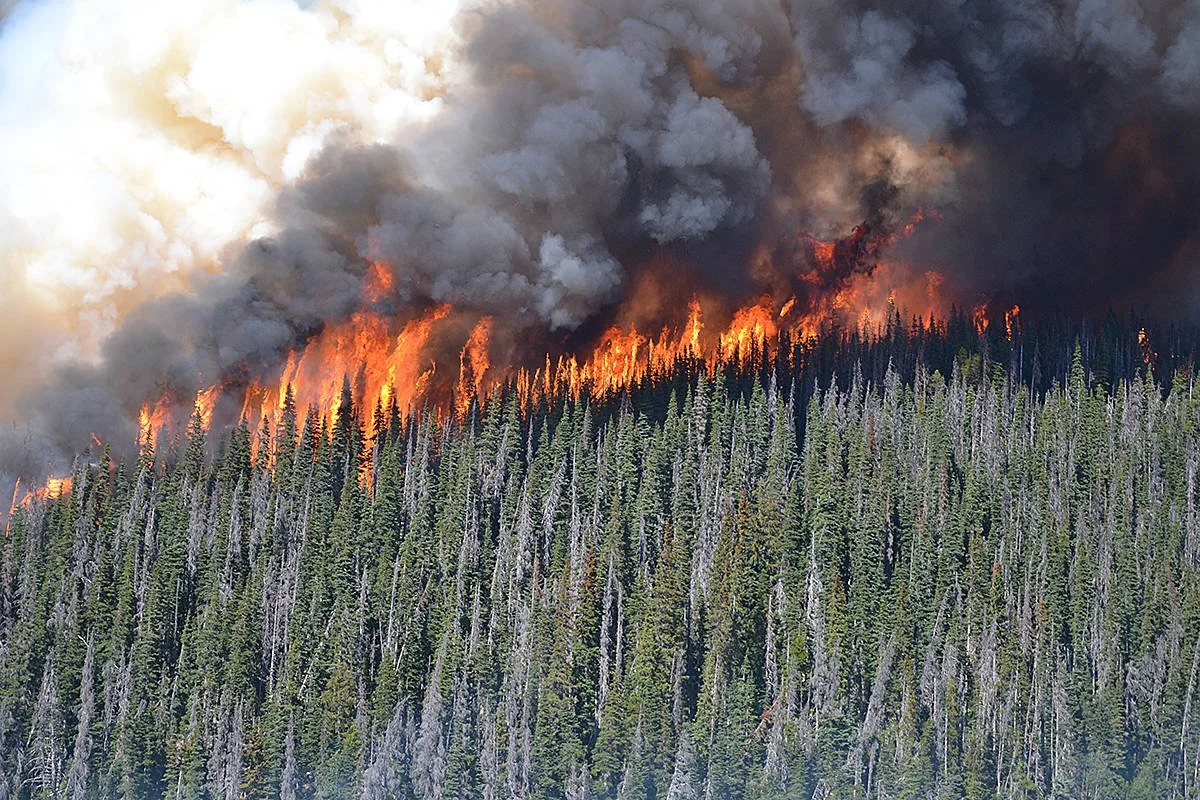
Understanding the drivers, impacts, and future of fire in natural and managed ecosystems
Untangling the complexities of ecosystems by combining ecohydrology, biogeoscience, micrometeorology, climate, and wildfire science.
The Fire and Ecosystems Research Lab in the School of Resource and Environmental Management at Simon Fraser University, Burnaby, Canada, is dedicated to providing a safe and welcoming community for undergraduate, graduate and post-graduate researchers to develop new skills, grow networks and contribute to science and management of fire-impacted ecosystems.
Research Themes
Peatland wildfire drivers and impacts
Peatlands are being increasingly affected by wildfire across the northern hemisphere due to a combination of climate change and other anthropogenic disturbances such as drainage for agriculture, horticulture and forestry. This is leading to changes in the impacts of peat fires - but what are the critical ecohydrological thresholds to different severities of impacts? How quickly do peatlands recover from varying degrees of impacts? And will they continue to bounce back and provide the same ecosystem services under multiple stressors? We use a combination of unburned, pre- and post-fire field measurements, GIS analyses, and numerical and simulation modelling to answer these questions. Working closely with the Canadian Forest Service and the Canadian Centre for Climate Modelling and Analysis we’re developing improved methodologies for measuring and predicting peatland burn severity and carbon loss.
Boreal wildfire management and the wildland-human interface
Wildfires affect people as well as ecosystems. Boreal forests at the interface of industry, infrastructure, or communities pose a fire risk. Management is often required to limit potential fire behaviour and/or suppress fire as it happens. We are working with communities and First Nations in northeast BC to evaluate the role of management in the new year-round fire season. Further, our 200 ha testing ground in central AB provides opportunity for field-scale experiments and monitoring. There are >12 ha of novel and experimental fuel modification treatments where students are focussing on evaluating fuel loads, structure and ecohydrological characteristics in order to create best practices for safe-guarding our boreal communities.
Fire risk and behaviour in managed forests
Managed forests are critical carbon stores, habitat for endangered species and are valuable economic resources. These forests are also becoming increasingly vulnerable to wildfire. Our research in the coastal temperate forest of British Columbia is driven by community need and conducted in partnership with Community Forest organisations and local First Nations. We are using ecology, hydrology, and micrometeorology to reveal the impacts of fire management, acquiring high-quality data, long-term research support and true community engagement and impact. Working alongside the Sunshine Coast Community Forest and shíshálh Nation we are developing the first ecosystem-based fire management strategy that incorporates Indigenous values in the coastal forest.
Interactions of disturbance, management, restoration and wildfire
Disturbance interactions can produce novel ecosystems and unprecedented fuel loads and structure. Expanded insect ranges are affecting new ecosystems, more severe drought is changing fuel loads and management and restoration strategies are changing ecohydrological characteristics of ecosystems. There are critical and emerging knowledge gaps as the outcomes of the interactions of wildfire with these ecosystems is poorly understood and will only become more pertinent under more frequent extreme fire weather and extended fire seasons caused by climate change. We use a combination of field observations, modelling, and spatial analyses to tackle such complex issues. Currently research includes seismic line restoration strategies, horticultural peatland restoration, expanded mountain pine beetle range impacts, and invasive (birch) species impacts on wildfire risk, behaviour, and impacts.



